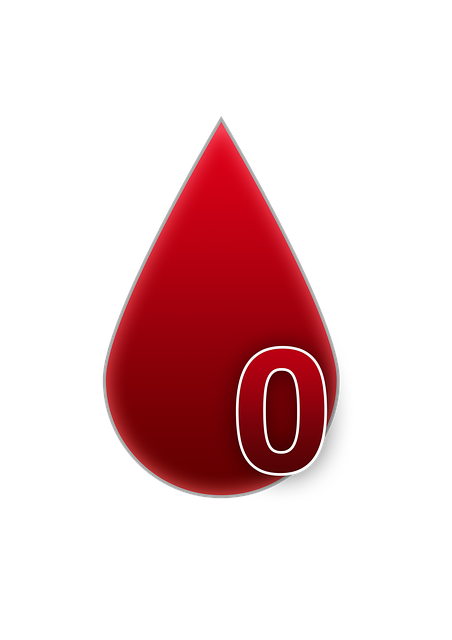Cholesterol, crucial for cell health, exists in two main types: LDL (bad) and HDL (good). Imbalanced LDL levels contribute to atherosclerosis, raising heart disease and stroke risks. In contrast, HDL aids in removing harmful LDL. A cholesterol blood test is a vital tool for assessing these levels, enabling informed decisions about lifestyle adjustments or medical treatments. Personalized testing, tailored to age, family history, lifestyle, and diet, provides precise results guiding specific health recommendations. Understanding cholesterol test implications helps make informed decisions about diet, exercise, and medication. Regular cholesterol blood tests are essential for proactive health management and preventing cardiovascular issues.
In today’s world, understanding your cholesterol levels is more crucial than ever for maintaining optimal health. This article explores personalized cholesterol blood tests, a game-changer in healthcare. We’ll delve into ‘Understanding Cholesterol: The Basics and Its Impact on Health’, followed by ‘Personalized Testing’ where we discuss how tailored approaches meet individual needs. Lastly, ‘Interpreting Results and Making Informed Decisions’ guides you through the process, empowering you to take control of your well-being. Discover why a personalized cholesterol blood test is an essential step towards a healthier future.
- Understanding Cholesterol: The Basics and Its Impact on Health
- Personalized Testing: Tailoring the Approach for Individual Needs
- Interpreting Results and Making Informed Health Decisions
Understanding Cholesterol: The Basics and Its Impact on Health
Cholesterol is a waxy, fat-like substance found in all cells of our bodies. It plays a crucial role in maintaining good health by helping to build and repair cell membranes, insulate nerves, and produce hormones. However, when cholesterol levels become imbalanced, it can lead to serious health issues. High levels of low-density lipoprotein (LDL) cholesterol, often referred to as “bad” cholesterol, can accumulate in the walls of arteries, forming plaque and restricting blood flow. This condition, atherosclerosis, increases the risk of heart disease and stroke.
On the other hand, high-density lipoprotein (HDL) cholesterol, known as “good” cholesterol, helps remove LDL cholesterol from the bloodstream and transport it back to the liver for excretion. A healthy balance between these two types of cholesterol is essential for overall well-being. A cholesterol blood test is a vital tool in managing your health, allowing you to identify specific risk factors and tailor your healthcare needs accordingly. By understanding your cholesterol levels, you can make informed decisions about lifestyle changes or medical interventions to maintain optimal health.
Personalized Testing: Tailoring the Approach for Individual Needs
Personalized testing is a game-changer in understanding and managing cholesterol levels, offering a tailored approach to individual health needs. Unlike standard blood tests that provide a general overview, personalized cholesterol tests consider unique factors like age, family history, lifestyle, and diet to deliver precise results. This targeted method ensures that the test is relevant and useful for each person’s specific circumstances.
By taking into account these variables, healthcare professionals can identify specific cholesterol concerns and recommend appropriate actions. For example, a young adult with no familial history of high cholesterol might focus on overall cardiovascular health, while an older individual with genetic predispositions may require more intense monitoring and lifestyle adjustments to manage their cholesterol levels effectively.
Interpreting Results and Making Informed Health Decisions
After receiving your cholesterol blood test results, it’s crucial to understand what they mean for your health. Different levels of cholesterol (LDL, HDL, triglycerides) have distinct implications, and a personalized interpretation is key. High LDL (bad) cholesterol increases heart disease risk, while optimal HDL (good) cholesterol levels protect against cardiovascular issues. Triglyceride levels also matter; elevated levels are linked to metabolic syndrome and diabetes.
With this knowledge, you can make informed health decisions. If test results indicate high cholesterol, consider dietary changes, increased physical activity, or consult a healthcare professional about medication options. Regular cholesterol blood tests become essential tools for proactive health management, enabling you to stay ahead of potential issues and lead a healthier life.
A personalized cholesterol blood test is a powerful tool for taking control of your health. By understanding your unique cholesterol profile, you can make informed decisions about lifestyle changes and medical interventions tailored to your specific needs. Armed with this knowledge, you’re better equipped to navigate the path to optimal cardiovascular health. Don’t wait – take charge today with a simple, personalized cholesterol blood test.
